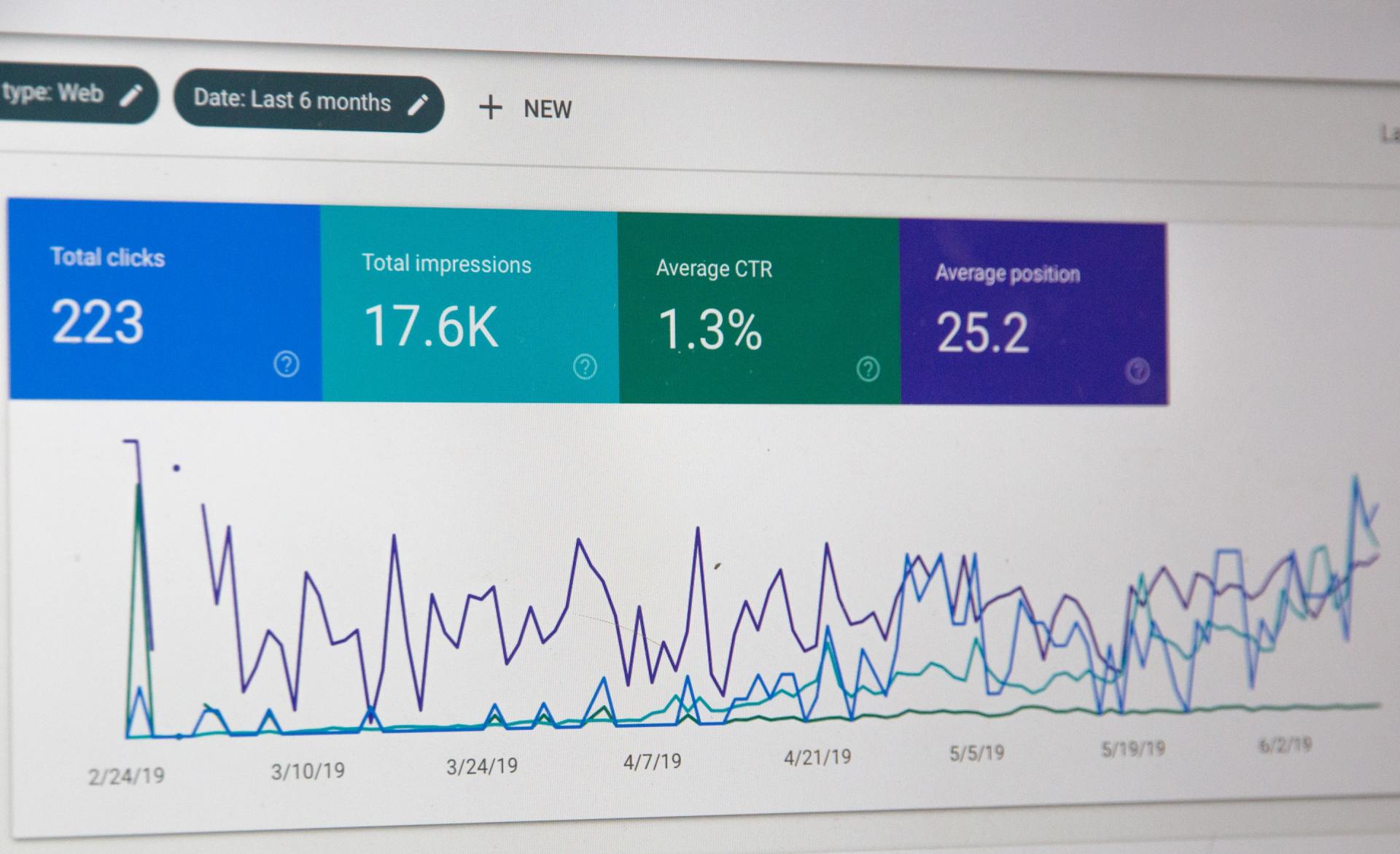The Best Construction Project Management Software in 2023
What is Construction Project Management?

It's no secret that
construction project management is no easy feat. To manage a job effectively, you must have all your teams on a schedule, ensure quality, stay within budget, and maintain a safe work environment. Thankfully there are many construction project software applications that simplify all of these processes.
We realized how difficult it might be to navigate these wavy waters, so we
developed this guide. We will cover these various construction management software solutions that construction managers, contractors, and owners can use to create efficient schedules, update daily logs for their projects and share plan changes.
If you’re already familiar with construction project management software and are comfortable enough to make a purchase decision, take a look at our list of recommendations below. We have also included a section on the specific features to give you an opportunity to compare and make an informed decision.

Understanding the purpose of construction project management software is crucial for successful implementation. Construction project management software streamlines the
project management process. It allows general contractors and their teams to become more efficient and efficient throughout any construction project.
To understand how these software can do that, let's first learn more about construction project management and what it entails.
What Is Construction Project Management?
Construction project management
can be defined as the coordination and management of people, equipment, and materials with the sole goal of completing a construction project within the specified requirements of cost, schedule, scope, and quality.
Simply put, construction project management refers to the overall management of many of the different aspects that make up an entire project to ensure timeliness and efficient use of capital.
Below are some of the primary responsibilities involved in construction project management:
Negotiating the scope of work and costs with contractors and consultants who will be a part of the project.
Managing and creating the project schedule.
Contracting out or internally directing the design process.
Managing consultant invoices.
Creating contractor agreements that define the scope of work, costs, and schedule.
Facilitating meetings to
discuss project progress.
Monitoring the project budget and securing additional funding from the owner or sponsors when necessary.
Working with the local government to obtain the necessary building permits and meet project deadlines.
The next question to ask is, who is responsible for managing the project in a construction project? This depends on several factors, such as the budget, size, and simplicity of the project.
In most cases, the project manager will be a general contractor hired by the owner. Frequently in a construction project, the general contractor is also usually a company with several teams or people working on the different aspects of the project. However, in smaller projects, the project manager may be an individual. At times, the owner manages their own construction project. These businesses are commonly called owner-developers.
Construction Management vs. Construction Project Management
In any project, the project manager is usually focused on keeping track of all the operational logistics we've discussed above— creating a schedule, managing invoices, and facilitating meetings between different parties involved in the project.
On the other hand, the construction manager is usually responsible for the day-to-day details of construction and often understands the intricacies involved in the construction process. The construction manager is generally responsible for hiring subcontractors, ordering materials, and leasing equipment.
If the project is relatively large, the project manager and the construction manager are different teams or individuals. However, depending on the size of the project and the owner, these two roles can be handled by one team or individual.
So to summarize, construction managers are in the trenches, overseeing the intricate details of the project. Construction managers have more specific knowledge of the project compared to the project manager, who typically fills a more administrative role.
What is Construction Project Management Software?
This section will cover the fundamentals of construction project management software, mainly what it is, the key features, and the costs.
So What Is Construction Project Management Software?
With the
4th industrial revolution already underway, technology is becoming an integral part of our daily and professional lives. Construction project management software is a collaborative technology that allows you to find, share, and update information related to the project.
A few standard functions of these tools take care of various aspects of the project, including scheduling, safety, contract, permit management, and quality assurance.
This software is often the primary collaboration tool for teams working on construction projects to share information and collaborate on documents once the project has started. Individuals or teams use this technology to keep track of the progress and costs of one or more projects.
It’s important to note that construction management software is different from the technology used to design and engineer project plans. However, both these tools are frequently used together in one way or another.

What are the Features of Construction Project Management?
For now, there is no official template for the features that a construction project management software should have. Most construction management software companies come up with their own workflows and terminology for their products.
However, there is some uniformity in companies that identify as construction project management software developers focused on solving similar problems and offering most of the same core functionality.
Below we’ve curated a list of the key features the construction project management software of your choice should include:
- Document Storage & Management
During the duration of an entire construction project, hundreds of documents are shared between the owner and the contractor, their subcontractors, suppliers, and any other parties involved.
Managing the flow of these files and documents can quickly become challenging as projects grow in size. Fortunately, many construction management tools can handle this volume of documentation. These tools have ample storage and collaboration capabilities for project plans, subcontractor contracts, receipts, and other essential documents. - Submittals
Generally, a submittal refers to information concerning materials or equipment that a contractor submits to the project's architect or designer before ordering. This ensures that the materials are appropriate for the project. Good construction software must provide a platform for sending and receiving submittals. - RFIs
RFI is short for Request for Information. This is simply a message to one individual that is involved in the project requesting additional information. Often, RFIs are directed to the designer, engineer, or architect asking for clarity on details about the project plans. You should look for construction management software products that offer this feature. - Change Orders
Change orders are sent when one team member or individual in the project needs to change the existing project plans. Change orders need to be submitted for any change to the project plans, no matter how small or large. So, for instance, a change in a door hinge or the addition of two floors to an apartment building would need to be submitted in a change order. - Instant & Remote Syncing
Having access to instant and remote syncing is crucial in construction management. This means every cloud-based construction software will be accessible from any device remotely, as long as the user has an internet connection.
Moreover, information that a user updates remotely will be instantly available for all members of the team. The construction management software of your choice should have instant and remote syncing. - Daily Logs
Construction project management software must include a daily log to ensure efficient tracking of project progress. These daily logs will also keep owners and contractors informed of what is happening on the project. Daily logs can also be helpful to reference later if mistakes are made or if queries come up. - Plan Markup
Suppose changes need to be made in many construction projects. In that case, it is common practice to mark up the original plans with notes rather than conducting a complete overhaul. A great construction project management software will include digitally marking up plans so that changes and notes can be shared efficiently with the team instantly. This helps users avoid needing to make reprints each time plans are updated. - Punch Lists
Even when construction projects are concluded, several loose ends usually need to be tied to meet the contract specifications. So, for example, there could be work that was completed incorrectly or forgotten. In this scenario, the owner or any individual on the team will create a punch list to individually itemize everything that must be addressed before the project is finalized according to the contract's terms. - Reporting
A good construction project management software has to provide summary reports and statistics concerning individual construction projects or groups of tasks. The types of reports on offer will vary. Still, they usually sum up things like the budget, project progress, and spending information. - Integrations
And lastly, your construction management software should offer an extensive list of integration to work with. The most leading products do that anyway. Common examples include integrations with legal and compliance, construction accounting software, bidding software, takeoff, and Client Relationship Management (CRM).
Finally, keep in mind that any features, aggregate information, or reports that are crucial for your business should be addressed by the product you have in mind. So make sure to get a product demo before subscribing and verify the tools and features you need.
How Much Will the Construction Project Management Software Cost?
How much will it cost you now that we know what you need to look for in your construction management software?
The bad news is that construction project management software has highly complex pricing. Especially when compared to several products designed for small businesses and independent contractors with straightforward and transparent pricing, enterprise-level software products do not.
Nevertheless, many of the products we have listed in this guide are priced similarly. You will find products without a flat monthly or annual rate for a license charge based on the amount of business done within the software.
The method for measuring business volume is not always similar. Still, the focus is on pricing the software as a percentage of business done within the platform. This keeps the software at a relatively affordable price in relation to the size of the project.
So keep this in mind when comparing the different pricing models that vary so much across a wide range of products. We recommend that you test out a few products before you decide and get quotes from several providers. Unfortunately, we can't provide a reasonable estimate of what you might expect to spend at this point.
That said, it's pretty easy to get a quote if you provide essential information about what your business is about and the upcoming project you have.
So What Is The Best Construction Project Management Software?
In addition to the features we discussed above, you should also consider the following factors:
Business Size & Type:
Some software is designed for bigger businesses while others are more suited for smaller companies and contractors. Additionally, if you have specific project management needs, it's crucial to find a product that caters to your specialized requirements. So make sure your choice caters to all your needs.
Features:
We’ve already discussed this in detail above.
Customer Service: The ideal situation is that once the software is up and running, you rarely need to contact the software provider for support. The reality, however, is that there will be times when you'll need efficient customer support. So make sure that your chosen company has excellent customer service support.
Product Usability & Experience: Always ask for a demo so you can assess whether the software is easy to use.
Customer and Expert Reviews: What better way to know whether the product is a good fit for you than to scour through the reviews?
Below is a list of the best construction project management software in 2022. All the products we have listed below rank very high on the list of features we discussed above.
- Procore (Best Overall Construction Project Management Software)
- Autodesk BIM 360 (Best for Large Projects & Teams)
- Sage 300 Construction and Real Estate (Best for Large Organizations)
- Buildertrend (Best for Remodelers)
- RedTeam (Best for Small Businesses)
- CoConstruct (Best for Client Communication)
- Sage 100 Contractor (Best On-Premise Solution)
- Plan grid (Best for Integrations)
- SmartUse (Best for Document Management)










